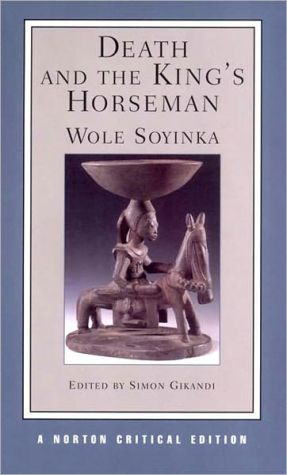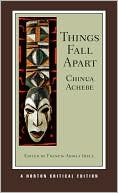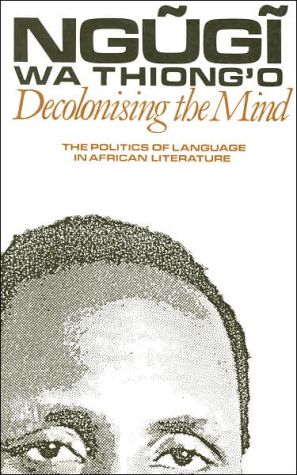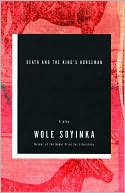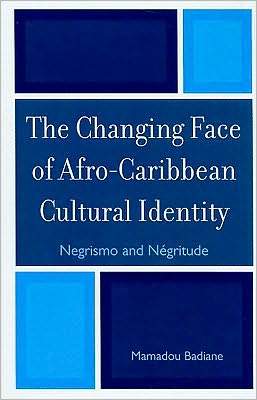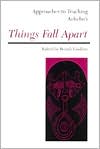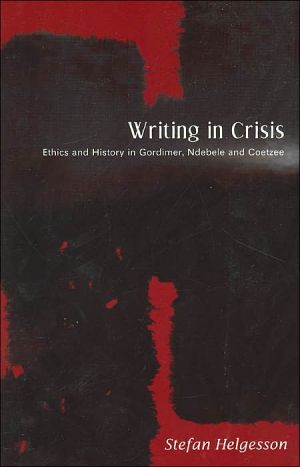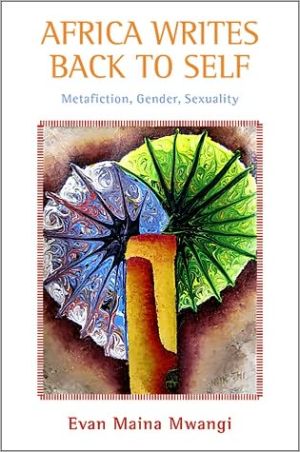The Dramatic Art of Athol Fugard
"Albert Wertheim’s study of Fugard’s plays is both extremely insightful and beautifully written—a book that held my attention from beginning to end. It was a pleasure to read! Wertheim succeeds in communicating the greatness of Fugard as a playwright, actor, and director. He also conveys well what Fugard has learned from other plays and dramatists. Thus, he places Fugard’s works not so much in a South African context as in a theatrical context. He also illuminates his interpretations with the...
Search in google:
Considered one of the most brilliant, powerful, and theatrically astute of modern dramatists, South African playwright Athol Fugard is best known for The Blood Knot, "MASTER HAROLD" . . . and the boys, A Lesson from Aloes, and Sizwe Bansi Is Dead. The energy and poignancy of Fugard's work have their origins in the institutionalized racism of his native South Africa, and more recently in the issues facing a new South Africa after apartheid. In The Dramatic Art of Athol Fugard, Albert Wertheim analyzes the form and content of Fugard's dramas, showing that they are more than a dramatic chronicle of South African life and racial problems. Beginning with the specifics of his homeland, Fugard's plays reach out to engage more far-reaching issues of human relationships, race and racism, and the power of art to evoke change. The Dramatic Art of Athol Fugard demonstrates how Athol Fugard's plays enable us to see that what is performed on stage can also be performed in society and in our lives; how, inverting Shakespeare, Athol Fugard makes his stage the world. About the Author: Albert Wertheim is Professor of English and of Theatre and Drama at Indiana University. He has published widely on modern and classic British and American drama and on postcolonial writing; directed several NEH seminars on politics in the theatre and on new literatures from Africa, the West Indies, and the Pacific; and served on the editorial boards of American Drama, Theatre Survey, South African Theatre Journal, and Westerly.Library JournalWertheim (English, theater, and drama, Indiana Univ.) masterfully provides a scholarly analysis of Athol Fugard's plays to date. Fugard, best known for Master Harold and the Boys, is one of South Africa's most respected playwrights. Since his career began in the late 1950s, he has documented South African racial strife in the midst of apartheid and explored larger issues such as the dynamics of human relationships. In his early works, Fugard focused primarily on institutionalized racism, but his post-apartheid plays have taken a more intimate direction while still maintaining the overall background of struggle in his homeland. Wertheim organizes the plays chronologically and then systematically explores their themes and structure. Because Fugard's work has not had serious attention in over ten years--since Dennis Walder's Athol Fugard (St. Martin's, 1990)--it is due for this re-examination. Recommended for African literature and theater collections.--J. Sara Paulk, Coastal Plain Regional Lib., Tifton, GA Copyright 2000 Cahners Business Information.
Introduction 1. Early Work and Early Themes 2. The Port Elizabeth Plays: The Voice with Which We Speak from the Heart 3. 'Acting' Against Apartheid 4. Dimetos: Fugard's First Problem Play 5. The Drama as Teaching and Learning: Trauerspiel, Tragedy, Hope and Race 6. The Other Problem Plays 7. Writing to Right: Scripting Apartheid's Demise 8. Where Do We, Where Do I, Go from Here?: Performing a New South Africa Works Cited Index
\ Choice"Wertheim's study has two particular strengths (among many): its insight into the evolution of the playwright, especially the influence of Albert Camus, Bertolt Brecht, and Samuel Beckett on Fugard's canon, and its illumination of the symbolic props in the plays, e.g., the shoes and stockings in People Are Living There. An authoritative work superbly written, this book is well suited to upper-division undergraduates and above." —Choice, November 2001\ \ \ \ \ Library JournalWertheim (English, theater, and drama, Indiana Univ.) masterfully provides a scholarly analysis of Athol Fugard's plays to date. Fugard, best known for Master Harold and the Boys, is one of South Africa's most respected playwrights. Since his career began in the late 1950s, he has documented South African racial strife in the midst of apartheid and explored larger issues such as the dynamics of human relationships. In his early works, Fugard focused primarily on institutionalized racism, but his post-apartheid plays have taken a more intimate direction while still maintaining the overall background of struggle in his homeland. Wertheim organizes the plays chronologically and then systematically explores their themes and structure. Because Fugard's work has not had serious attention in over ten years--since Dennis Walder's Athol Fugard (St. Martin's, 1990)--it is due for this re-examination. Recommended for African literature and theater collections.--J. Sara Paulk, Coastal Plain Regional Lib., Tifton, GA Copyright 2000 Cahners Business Information.\ \

